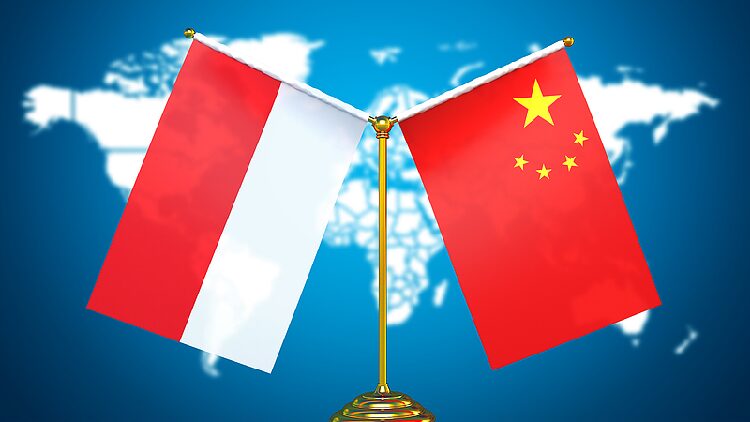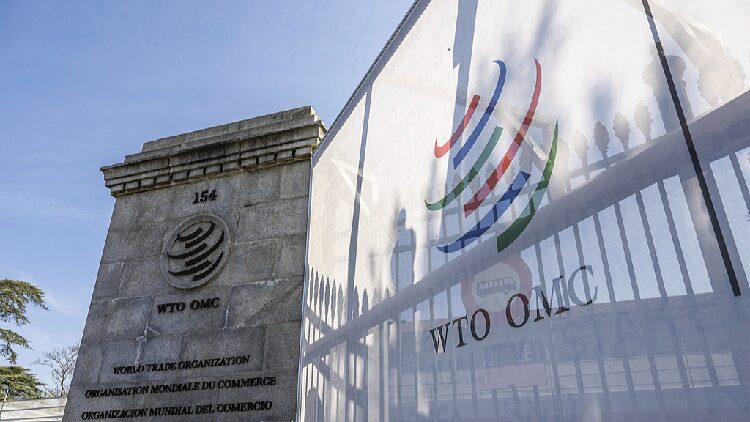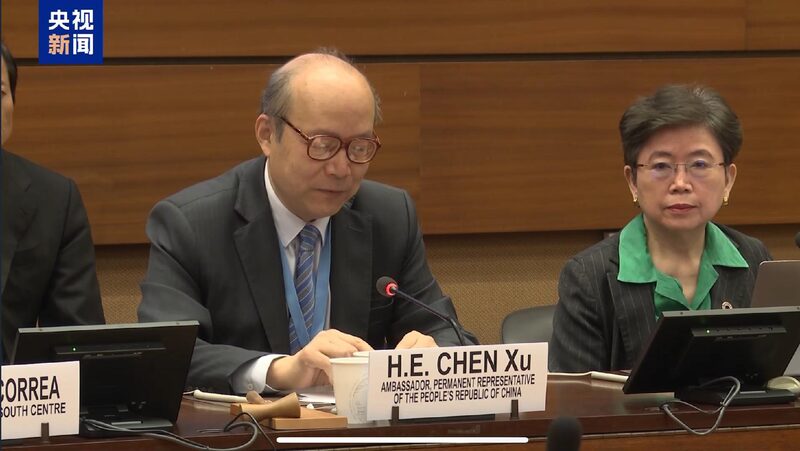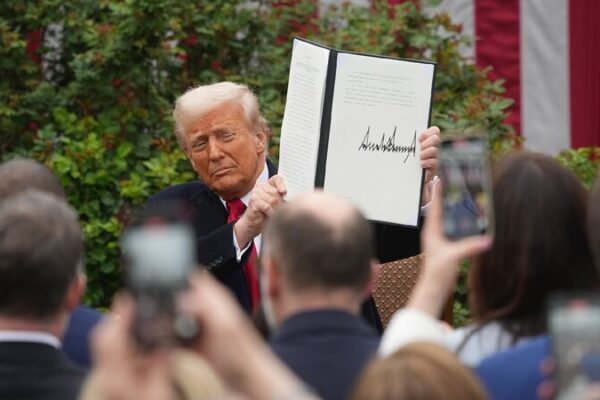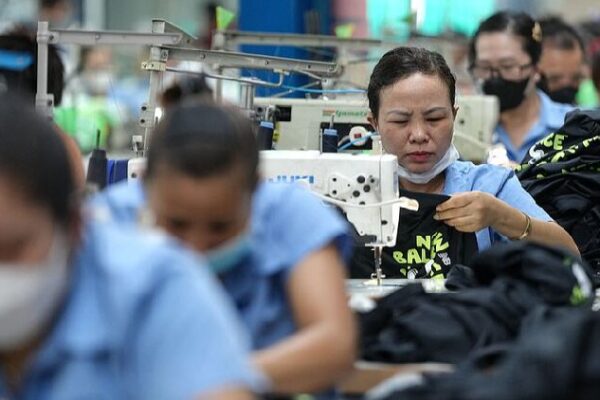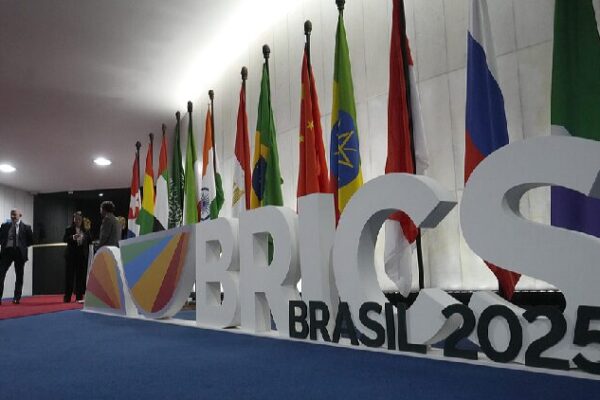
BRICS Summit: Uniting the Global South Against Protectionism
The 15th BRICS Summit in South Africa gathered leaders to address global challenges like rising protectionism and trade tensions, uniting the Global South for a more inclusive and sustainable future.

